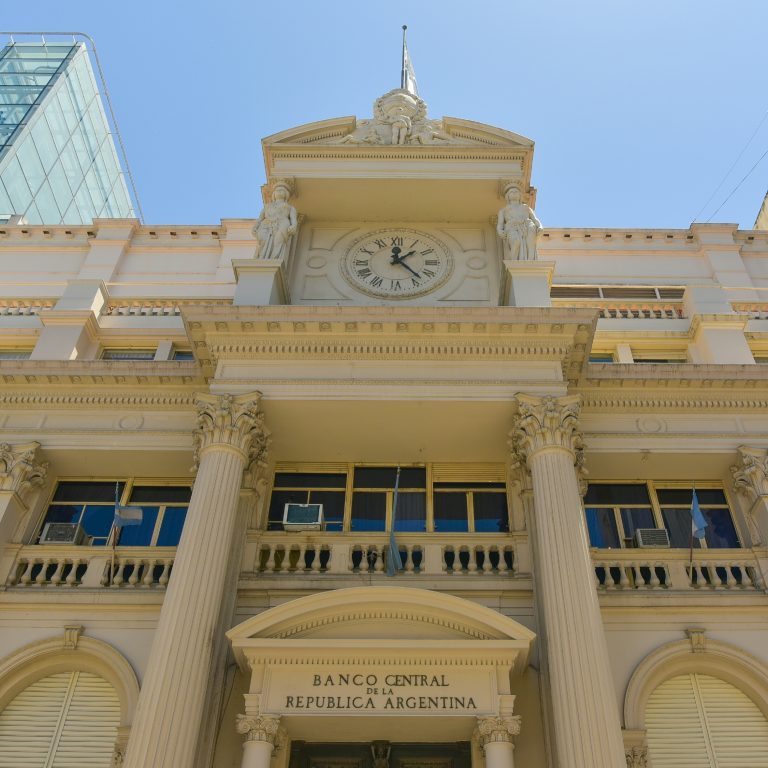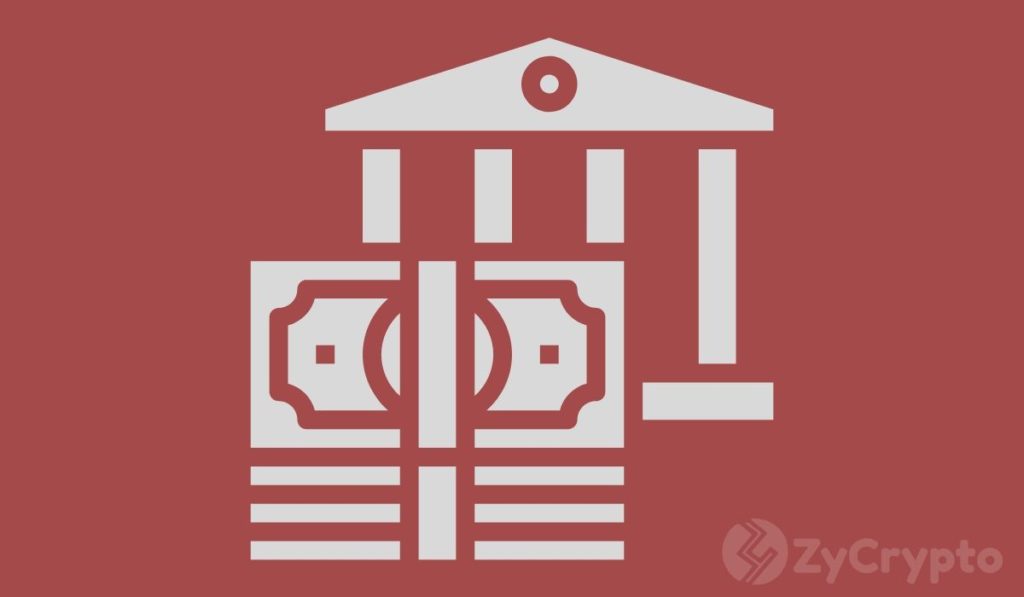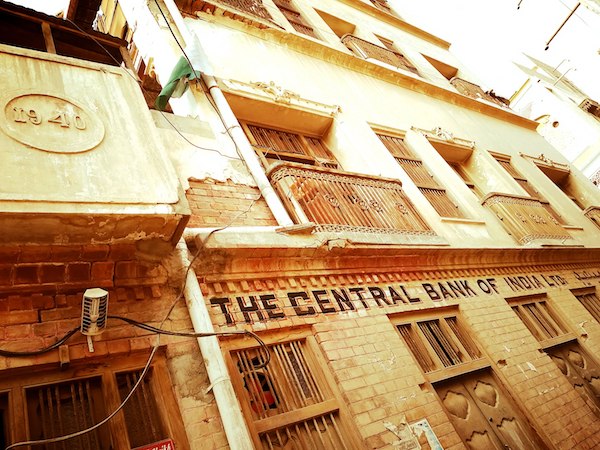
2018-9-22 04:05 |
Respected economist Professor Steve Hanke has chanted down central banks. While Hanke doesn’t tout cryptocurrency as an alternative, he does say that the world needs fewer central banks because these government-controlled entities are messing up economies and abusing monetary policy, while fueling inflation and loss of wealth.
Also read: Ex-Liberia Central Bank Chief Under Probe For Missing $104M, State Seeks FBI Help
Central Banks Have Crashed Economies Through Reckless Money PrintingCentral banks have come under fire for aiding struggling economies to crash through reckless money creation, thereby fueling inflation. Prominent economist and currency expert Steve Hanke, who played a key role in establishing new currency in Argentina, Estonia, Bulgaria and Ecuador, says the world needs fewer state banks to prevent economic and cash crises.
Professor HankeHe said central banks, armed with discretionary powers to create money and credit, are behind currency crises in most emerging markets. “They are also the engine that generates inflation. And it is inflation that destroys wealth, undermines growth and destabilize societies,” Hanke said, in an opinion piece on September 20.
The Johns Hopkins University professor of applied economics said 10 countries – Argentina, Iran, Venezuela, Turkmenistan, Turkey, Sudan, Yemen, Zimbabwe, South Sudan and Liberia – have annual inflation rates exceeding 35%, which risks collapsing their economies further.
Monetary authorities in these countries continue to print money to cater for their respective government’s high expenditures, worsening economic decay. According to Hanke, any nation which exceeds 35% in annual inflation would have failed his inflation test.
Cryptocurrency Is a Viable Alternative BitcoinThis is exactly why cryptocurrency was created: to stop governments from pushing bad economic policies. That’s why it all started with an anti-establishment rhetoric. As the legacy financial ecosystem has developed, the need for regulation, in order for bad players to be kept in check, has heightened. Central banks have objectives that are aligned to governments and these do not necessarily revolve around innovation and cost reductions. Their involvement in cryptocurrency regulation should be more observant than instructional.
Get Rid Of Central Banks, Adopt Currency BoardHanke proposes two ways for countries with failing economies to get rid of their central banks: either by adopting the US dollar or by introducing currency board systems. A currency board issues notes and coins, convertible on demand into a foreign anchor currency at a fixed rate of exchange. As reserves, it holds low-risk, interest-bearing bonds denominated in the anchor currency.
“Countries that employed currency boards have delivered lower inflation rates, smaller fiscal deficits, lower debt levels relative to the gross domestic product, fewer banking crises, and higher real growth rates than comparable countries that have employed central banks,” he said.
The Cato Institute founder, who correctly predicted Zimbabwe’s hyperinflation in 2008, which reached 231 million percent according to official estimates, noted that a currency board, unlike a central bank, has no discretionary monetary powers and cannot engage in the fiduciary issue of money.
“It has an exchange rate policy (the exchange rate is fixed) but no monetary policy. A currency board’s operations are passive and automatic. The sole function of a currency board is to exchange the domestic currency it issues for an anchor currency at a fixed rate.”
“Consequently, the quantity of domestic currency in circulation is determined solely by market forces, namely the demand for domestic currency,” he explains, adding that currency boards have existed in about 70 countries, and none have failed.
A currency board cannot issue credit. Accordingly, a currency board imposes a hard budget constraint and discipline on the government. Hanke said this is an underappreciated feature of currency boards.
What do you think about the behavior of central banks? Let us know how you feel in the comments section below.
Images courtesy of Shutterstock
The Bitcoin universe is vast. So is Bitcoin.com. Check our Wiki, where you can learn everything you were afraid to ask. Or read our news coverage to stay up to date on the latest. Or delve into statistics on our helpful tools page.
The post Steve Hanke: Central Banks Fuel Wealth Loss and Inflation – The World Needs Less of Them appeared first on Bitcoin News.
origin »Bitcoin price in Telegram @btc_price_every_hour
LALA World (LALA) на Currencies.ru
|
|




























